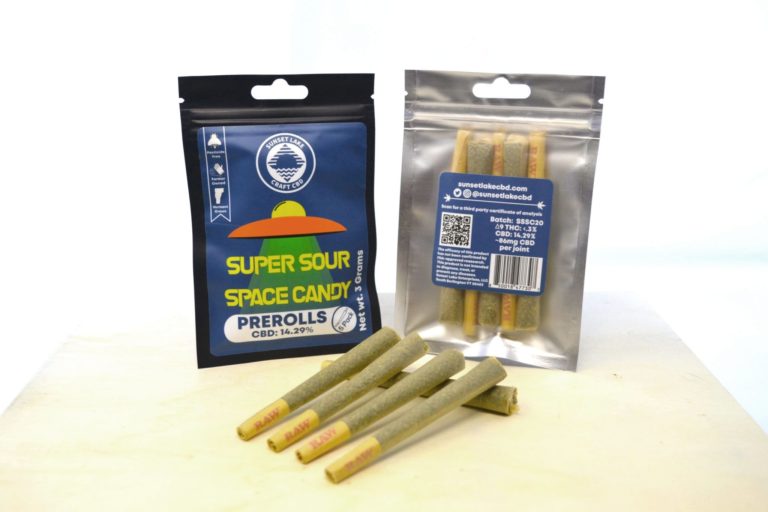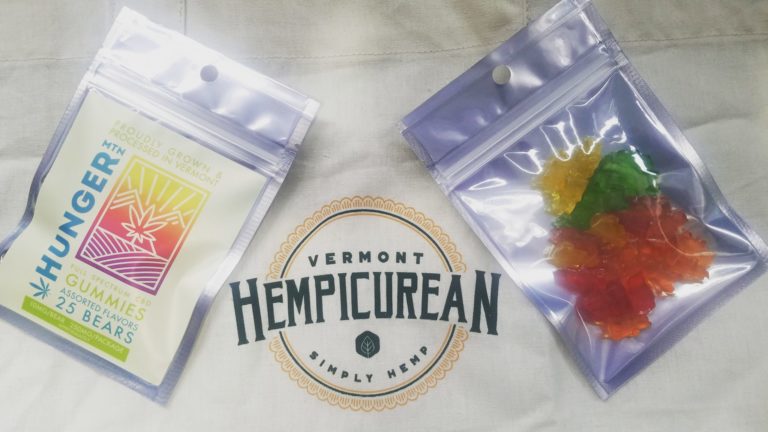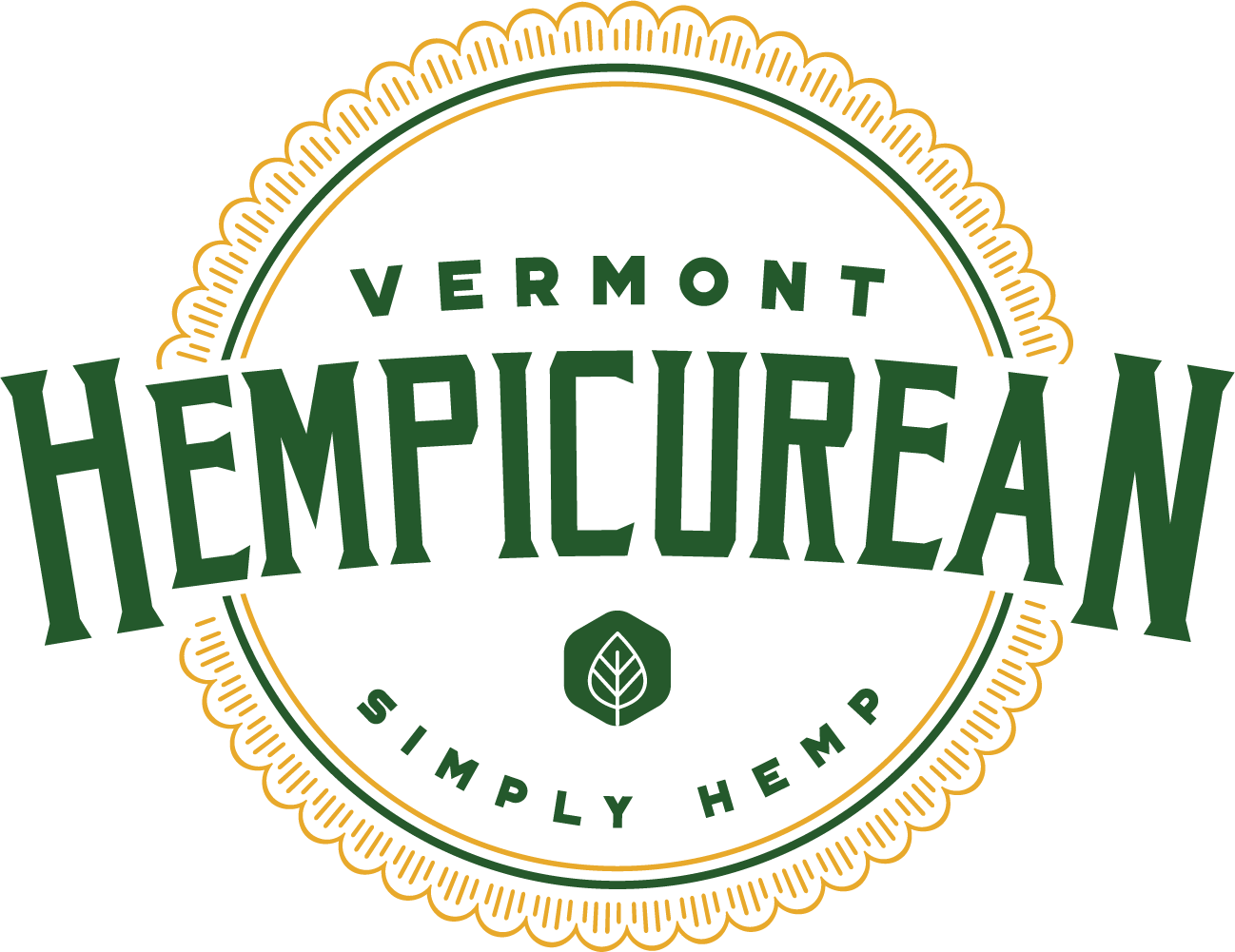
With plans of making CBD oil a part of your life, you may be a bit overwhelmed when you start looking at options and see a slew of descriptors attached to different CBD products. Full-spectrum CBD, broad-spectrum CBD, CBD isolate—what does it all mean in reference to CBD? Why does it matter?
When it comes to using CBD oil derived from hemp, the differences are imperative to know. The two most popular forms of hemp extract deserve a rightful explanation. We have a passion for hemp education here at Vermont Hempicurean. Take a look at the specifics behind full spectrum hemp oil vs broad spectrum hemp oil descriptors.
A Closer Look at Hemp
On surface level, hemp may look like any ordinary plant—roots, stalks, stems, leaves, and flowers. However, as a member of the cannabis sativa family of plants, hemp is incredibly fascinating upon closer inspection. Naturally low in THC (tetrahydracanninol), hemp has gained notoriety for other reasons throughout history. Primarily, hemp was known as a useful material because of its dense, strong fibers. Nevertheless, the hemp plant contains a plethora of other plant-based compounds that can be beneficial to humans.
CBD comes from hemp
CBD (cannabidiol) is the shining star of the long list of cannabinoids found in hemp. But the plant is also made up of a collaboration of a number of other cannabinoids like THC, CBG (cannabigerol), and CBN (cannabinol), as well as terpenes and flavonoids.
What is Full Spectrum CBD Oil?
In the most general terms, full-spectrum CBD products are made with hemp extracts that contain the full collaboration of the many hemp plant constituents. With a full-spectrum CBD oil product, you are getting the CBD that is most recognized as a potentially therapeutic cannabinoid, but you also get a serving of the other constituents that make up the plant. Perhaps most notably, full-spectrum CBD contains trace amounts of THC (under 0.3%).
Some researchers believe that while singular cannabinoids like CBD may have their benefits for the body, other hemp constituents may work along with cannabinoids like CBD, CBG, and CBN to offer even more beneficial effects. This collaborative benefit has been dubbed as the entourage effect.
What is Broad Spectrum CBD Oil?
Broad-spectrum CBD oil is carefully created to contain the host of potentially beneficial hemp constituents – except for THC. For example, broad-spectrum CBD oil may still have traces of other cannabinoids, such as CBG or CBN, as well as terpenes and flavonoids. Individuals who prefer to steer clear of THC altogether may prefer the broad-spectrum option because they can still reap the advantages of the constituents working together for a better experience or effect while avoiding the potential downsides of THC.
What about CBD Isolate?
While CBD isolate is not the most prevalent form of CBD product, it’s available just the same. Essentially, CBD isolate is bare-bones CBD. The extracted oil from the hemp plant is processed further to remove all other plant constituents until you have just the CBD cannabinoid alone. Typically, CBD isolate is added to a carrier oil or used as an additive to a manufactured product. Individuals with specific concerns about other plant constituents may prefer CBD isolate.
Which Is Best? Full Spectrum vs Broad Spectrum CBD
When it comes down to it, the choice of a full spectrum vs broad spectrum CBD is all a matter of individual preference. Some people prefer to try a full-spectrum product due to the potential of the entourage effect offering more benefits. However, other CBD users may prefer a product that is completely free of THC. Whichever option you choose, make sure you’re shopping for quality, hemp-based products. Take a look at our lineup of CBD products at Vermont Hempicurean, including both broad-spectrum and full-spectrum hemp-based oils.
Copyright © 2024 Vermont Hempicurean. All Rights Reserved. |
Site by CannaPlanners


